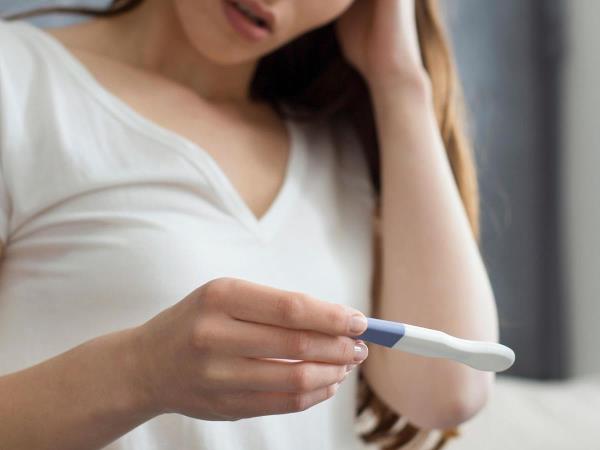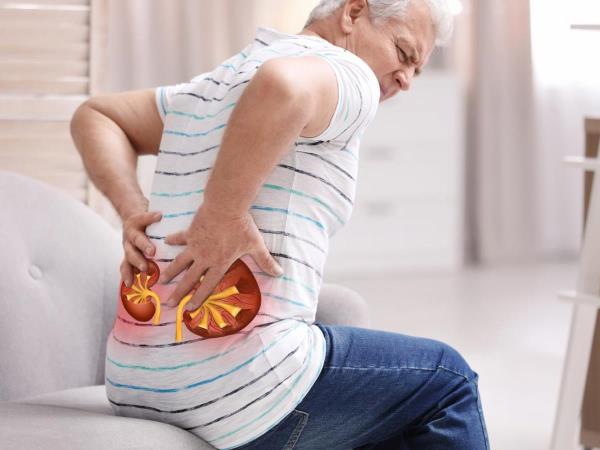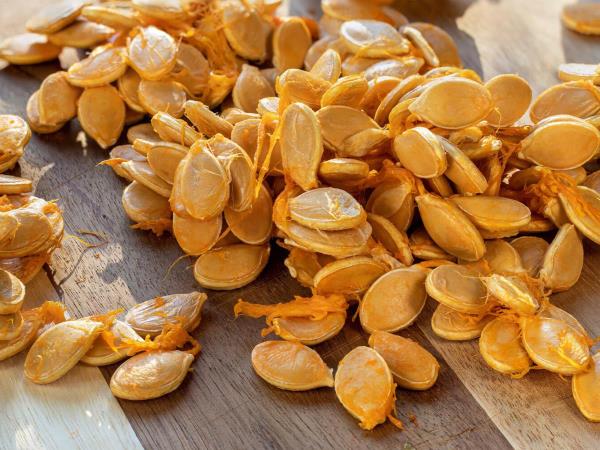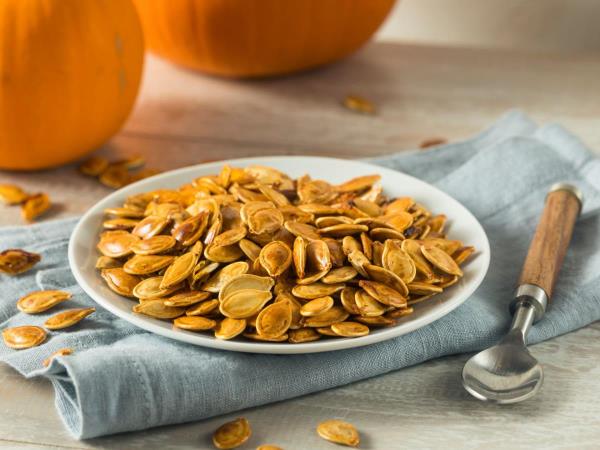- If you don't sleep well at night, your body is telling you something

Lack of sleep is one of those problems that first manifests with dark circles, irritability, and concentration issues. Later on, it can lead to greater risks – such as high blood pressure, diabetes, and depression. According to the American National Sleep Foundation, 35% of adults suffer from insomnia at least once a week, while almost 10% experience it daily.
Now imagine if a handful of seeds could help you sleep better. Well, this is not just an old wives' tale. Pumpkin seeds contain a substance called tryptophan. If you're not familiar with this term – it is a natural amino acid that our body needs to produce serotonin, which many call the happiness hormone. Serotonin then converts to melatonin, a natural hormone that helps us drift into sleep.
Even more effective will be if you consume pumpkin seeds together with a small source of carbohydrates – for example, a piece of whole grain bread. Why? Because the body can absorb and convert tryptophan into calming substances more easily.
Interesting fact: A study published in the journal Nutrients in 2016 showed that regularly consuming 1-2 tablespoons of pumpkin seeds before bed improved the quality of sleep for 71% of participants after just two weeks.
- Hormonal problems in menopause? Nature has a solution

When women enter menopause, various changes occur in the body. Hot flashes, sweating, restlessness, mood swings – all are the result of hormonal imbalance. And although many offer hormonal therapies, a gentler and often more friendly solution can be found in nature.
Pumpkin seeds contain plant compounds called phytosterols, which function similarly to our natural hormones but without side effects. They also contain phytoestrogens – these substances are particularly interesting as the body recognizes them as estrogen and can use them when it is deficient.
Scientists from the University of Seoul found in 2011 that consuming pumpkin seeds in menopausal women reduces diastolic blood pressure (the bottom number when measuring blood pressure) and increases HDL cholesterol levels – this is the good cholesterol that helps clean the veins.
Not just theory: in a study published in Phytotherapy Research, 80 menopausal women participated. After 12 weeks of regular pumpkin seed consumption, the frequency of hot flashes reduced in 68% of the participants, and 54% reported improved sleep and greater calmness throughout the day.
- Kidney stones – small but very painful foes

Perhaps you've had them before, or you only know about them through stories – kidney stones are one of the most painful experiences a person can go through. They are tiny crystals, often made of calcium and oxalate (substances that our body eliminates through the kidneys). When these crystals start to accumulate, they form actual stones that can get stuck in the urinary tract and cause serious issues.
What do pumpkin seeds have to do with this? A lot. According to ancient practices from Chinese and Ayurvedic medicine, pumpkin seeds are believed to help flush out excess crystals from the body. And today, we know why: they act as natural diuretics – meaning, they stimulate the kidneys to produce more urine, thereby cleansing the bladder and urethra.
In a study published in Urology International, a group of men who consumed 10 grams of pumpkin seeds daily for 6 weeks experienced a 30% reduction in the formation of oxalate crystals in their urine.
Additionally, pumpkin seeds also contain significant amounts of magnesium, which is proven to prevent the formation of crystals in the urinary tract. One tablespoon of pumpkin seeds contains about 74 mg of magnesium, representing nearly 20% of an adult's daily requirement.
And something you may not have known...
Pumpkin seeds have several additional benefits worth mentioning:
- For the heart and blood vessels: In addition to HDL cholesterol, pumpkin seeds also contain omega-3 fatty acids, which help prevent heart attacks and strokes. According to the American Heart Association, omega-3 fats reduce the risk of cardiovascular diseases by more than 35%.
- For joints and mobility: They contain antioxidants that reduce inflammation in the body. In cases of arthritis (joint inflammation), it has been proven that consuming pumpkin seeds helps reduce pain almost as effectively as certain anti-inflammatory medications – without harmful side effects.
- For the intestines: Pumpkin seeds are a natural remedy against parasites, especially worms. Our ancestors knew this, and modern science confirms it today. Their oil is often used in natural cleansing regimens for the intestines.
- For the liver: They contain compounds that protect liver cells from damage, especially in people who take multiple medications or have detoxification issues.
How to consume them?
It is best to consume them raw, without salt and oil. You can sprinkle them on yogurt, add them to salads, or eat them as a snack. One handful (about 30 grams) a day is enough to feel the initial effects.
If you roast them, do so at a low temperature without added fats to preserve their nutritional value.
Finally: why is a handful of seeds sometimes more powerful than a pill?
Nature often holds better answers than we think. Pumpkin seeds are just one example of how simple foods we already have at home can protect us from severe illnesses. While they should not replace necessary treatments, they can be a strong ally that reminds you every day that health also comes from the bowl – not just from the pharmacy.
So, if you struggle to fall asleep at night, suffer from hormonal issues, or aim for better kidney and heart health – consider preparing a small meal with pumpkin seeds. Your body will thank you.










 Would you like to be informed about news on the website?
Would you like to be informed about news on the website?

